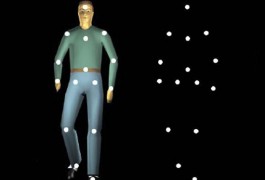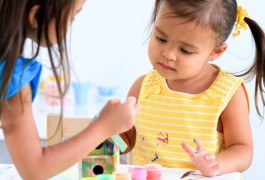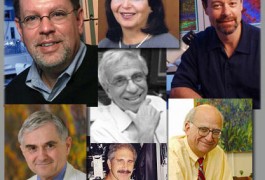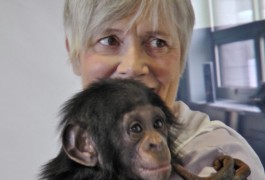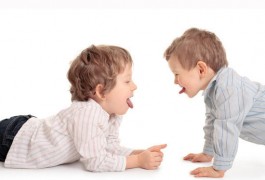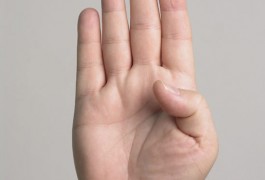Cognition and behavior: IQ predicts sensitivity to human movement
Adults with autism who have high intelligence quotients (IQ) are better at identifying the direction of biological motion than are those with lower IQ scores, according to a study published 3 May in the Journal of Autism and Developmental Disorders.
